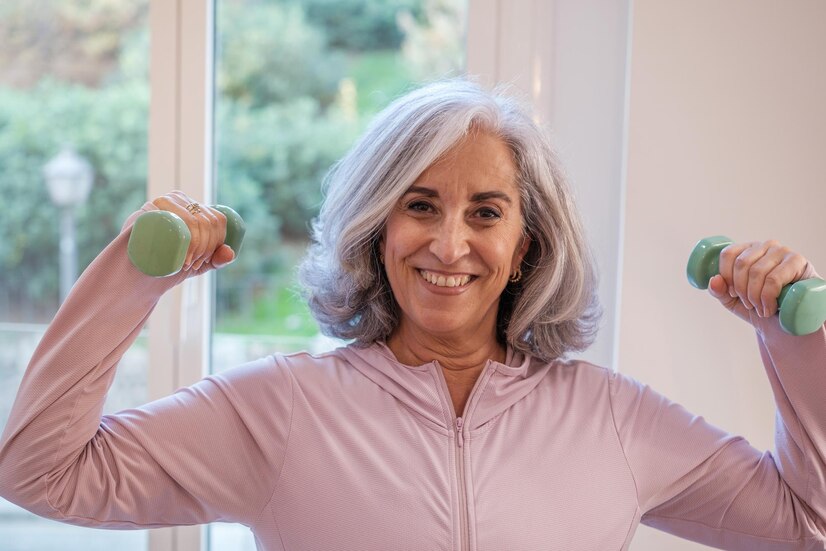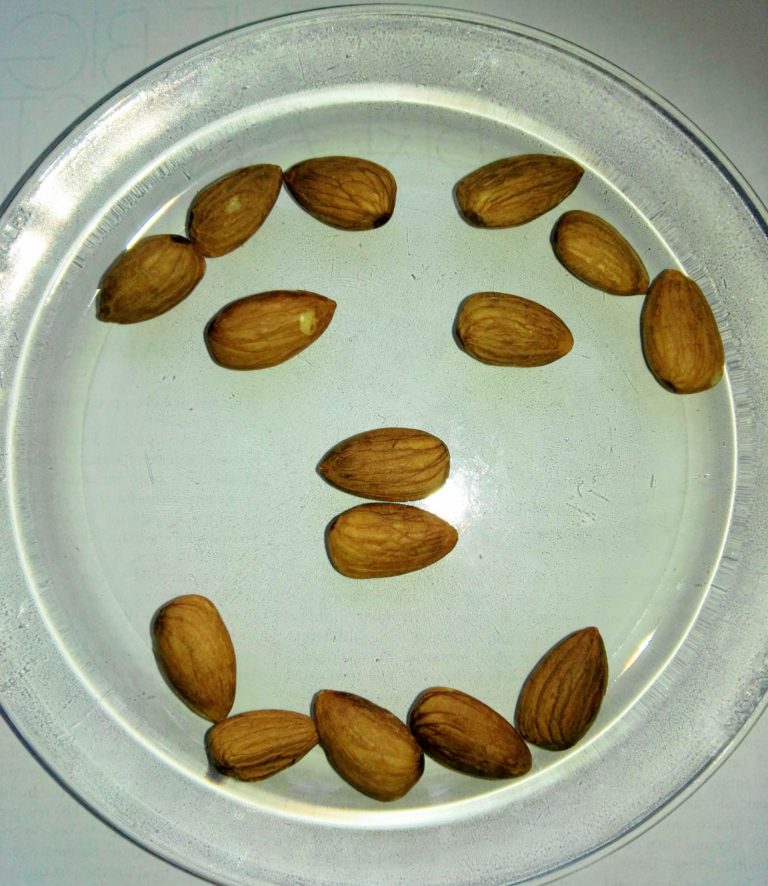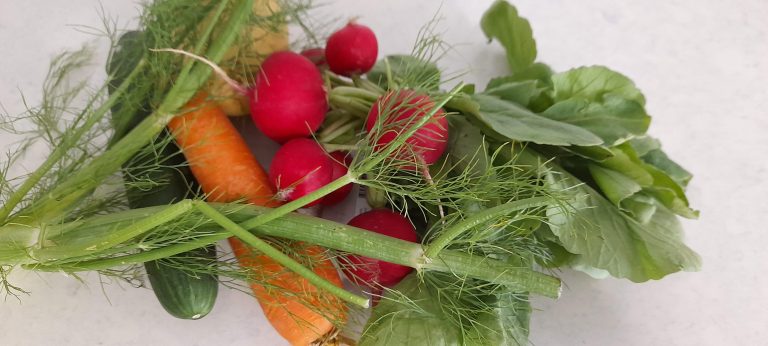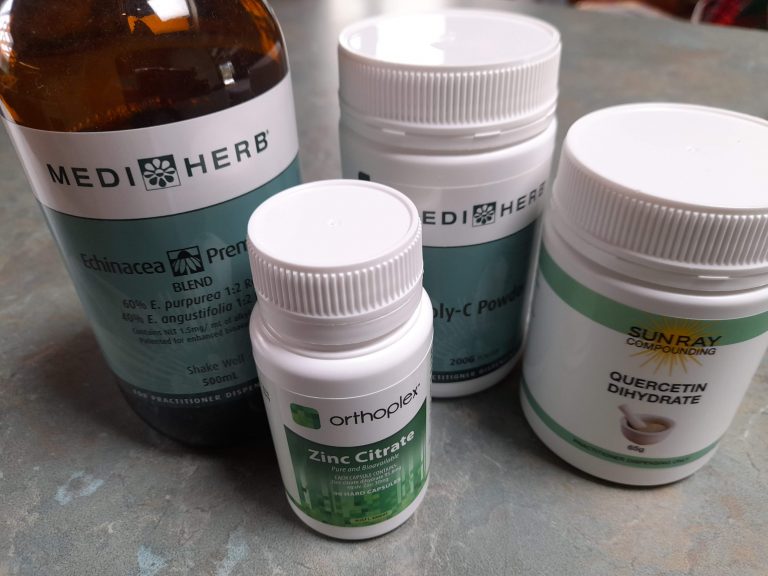Sarcopenia – the ageing risk you DON’T hear about so much
You hear about osteoporosis – or its precursor – osteopenia (where the bones get weaker but don’t break so often)..
What hasn’t been making the news so much is the other major element that keeps you moving – your muscles.
Sarcopenia is to your muscles what osteopenia is to your bones – and every bit as important to an active, enjoyable older age.
Your muscle mass, strength and performance all decrease with age. And especially when you have other degenerative diseases like diabetes, cardiovascular disease and hypertension.
Not only are you likely to die earlier if your muscles “give out” – your ability to get out and live your life can be severely impacted.
Exercise and strength have to get intentional as you age
The hormones that used to (semi) automatically build bone and muscle strength reduce as you age – particularly in women when they go through menopause.
So even if your body USED to look after itself, sadly that stops happening as you get older.
So what can you do?
It’s that old “magic pill” that fixes SO many health problems – EXERCISE and EAT WELL.
And it’s important to make sure you’re up-to-date in evidence-based solutions – not defaulting to what “everybody knows” or the latest media beat up.
Strength exercise is particularly vital
The exercise that you need to do at 60 will be quite different from what was relevant when you were 30 – and maintaining muscle strength is critical.
Make the time to get a “prescription” for an exercise program suited to your needs – It can be useful to enlist the help of an exercise physiologist or a physiotherapist.
Protein is critical for muscle health
As we age we also tend to gain a bit extra weight. Some people try to control this by reducing their overall food intake – and in doing so, they reduce their protein intake.
Muscles are MADE of protein – or more specifically, from the amino acids your digestive system turns protein into. So make sure you keep your protein up, and cut back on foods like refined carbohydrates rather than protein.
Here’s an article I did on Ten things your doctor probably won’t tell you about protein for some more useful information.
Want to know more about sarcopenia and how to minimise it?
Here are some studies from PubMed that I’ve found really useful.
Influence of vitamin D on sarcopenia pathophysiology A study clarifying the role of vitamin D in mature skeletal muscle and its relationship with sarcopenia.
The Effect of HMB on Sarcopenia and Functional Frailty in Older Persons – which goes in to how the protein supplement HMB is particularly effective in improving lean muscle mass and preserving muscle strength and function in older people.
Effects of a Multicomponent Preventive Intervention in Women at Risk of Sarcopenia on the health improvements of a program that combined dancing and resistance exercises with nutritional education.
The good thing about strength training is that its also good for how you feel
The fitter you get, the better you’ll feel. And exercise is ALSO a well-documented treatment for depression and anxiety.
So you get both a “stronger body AND stronger mind”.
How can your naturopath help?
Your naturopath can help you with nutritional advice – both about your diet and the relevance of supplements.
There are some excellent supplements available today that have been designed specifically to combat this health problem – and your friendly online naturopath can advise you on what will be helpful in your specific body.
If you’d like to book a consultation, then get in touch through my contact page.





